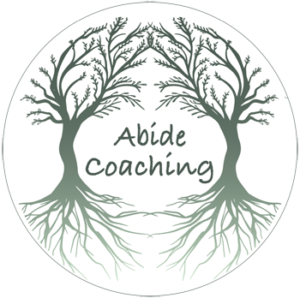We choose to stay stuck often in chaos or overwhelm. That is the hard truth people with ADHD don’t want to admit.
- We resist change because we believe it is challenging to establish new habits.
- We resist because we have failed in the past when our routines were disrupted.
- We resist because we believe routine is boring.
- We resist because we believe we will feel constrained by strict schedules.
- We resist because it is familiar to be stuck, and we would rather deal with the devil we know.
Establishing routines is not about restriction, it’s about freedom. To be happy and satisfied with life, staying stuck is a bad option. We have a lack of structure in daily life, which exacerbates the challenges of ADHD. However, a better life is not just a possibility; it’s a reality worth fighting for. Routines give us the freedom to focus on what truly matters to us.
It is worth fighting for because the benefits make life better:
- Improved time management
- Increased productivity
- Reduced anxiety – especially anxiety associated with decision-making
- Improved self-care and, therefore, improved physical health, mental health, and relationships
- Enhanced ability to complete tasks and meet deadlines
- Increased sense of control
- Evidence of self-efficacy
Initiating change is challenging, ambiguous, and multi-stepped, all of which are reason enough to stop most people with ADHD. Start small on one or two parts of your day to get started.
Morning and night routines are common places to start. Here are some key pieces to create:
- Consistency might be the hardest one to establish. By consistency, I mean doing daily activities at the same time of day. Especially daily activities that support our basic functioning – eating, sleeping and moving our bodies. Changing in these areas will have a benefitial ripple effect.
- Be specific about each step. Define what the step is, when it will be done, and what completed means.
- Use reminders that you won’t ignore. A reminder could be an open paper calendar on a desk, a whiteboard, a body double, an app, a visual cue, a timer, an alarm, or anything else you won’t ignore or set aside for the proverbial later. External accountability is invaluable.
- Rewards are not just for children. Give yourself permission to work with your brain, not against it. Whether it’s a short break, a special treat, or a fun activity, rewards can make establishing a routine more enjoyable and motivating.
- Modify when needed. One fear is that people can’t divert from a strict schedule. Becoming rigid is not the point of structure. If a structure isn’t working anymore, change it enough to make it work again. Remember, it’s okay to adapt and make it your own. For example, if your paper calendar isn’t engaging you, start using stickers or colored pens to make it new again.
- Play is an integral part of life. We aren’t meant to be productive every moment of the day. Take breaks, set time aside for hobbies, family, and friends, and have planned time to do whatever you want.
- Track progress to see that you are doing what you want. Also, have a cheerleader!
None of this is easy, but the effort is well worth the payoff for a life that you can be proud of and that you worked hard to get, but that doesn’t feel like too much work once you get over the first hump.

